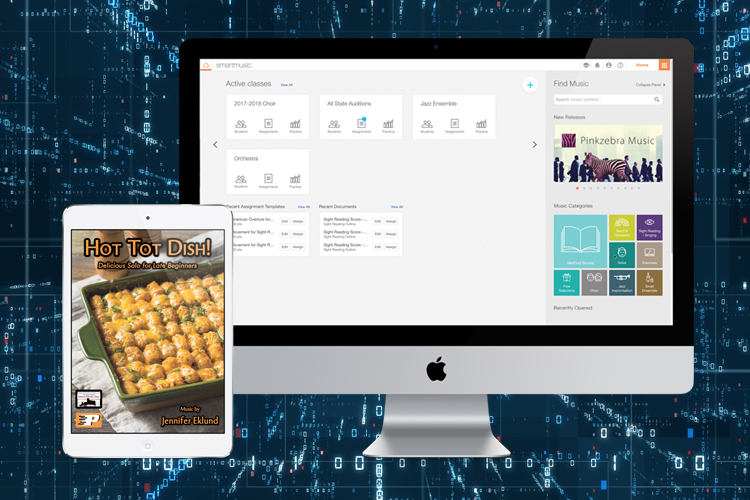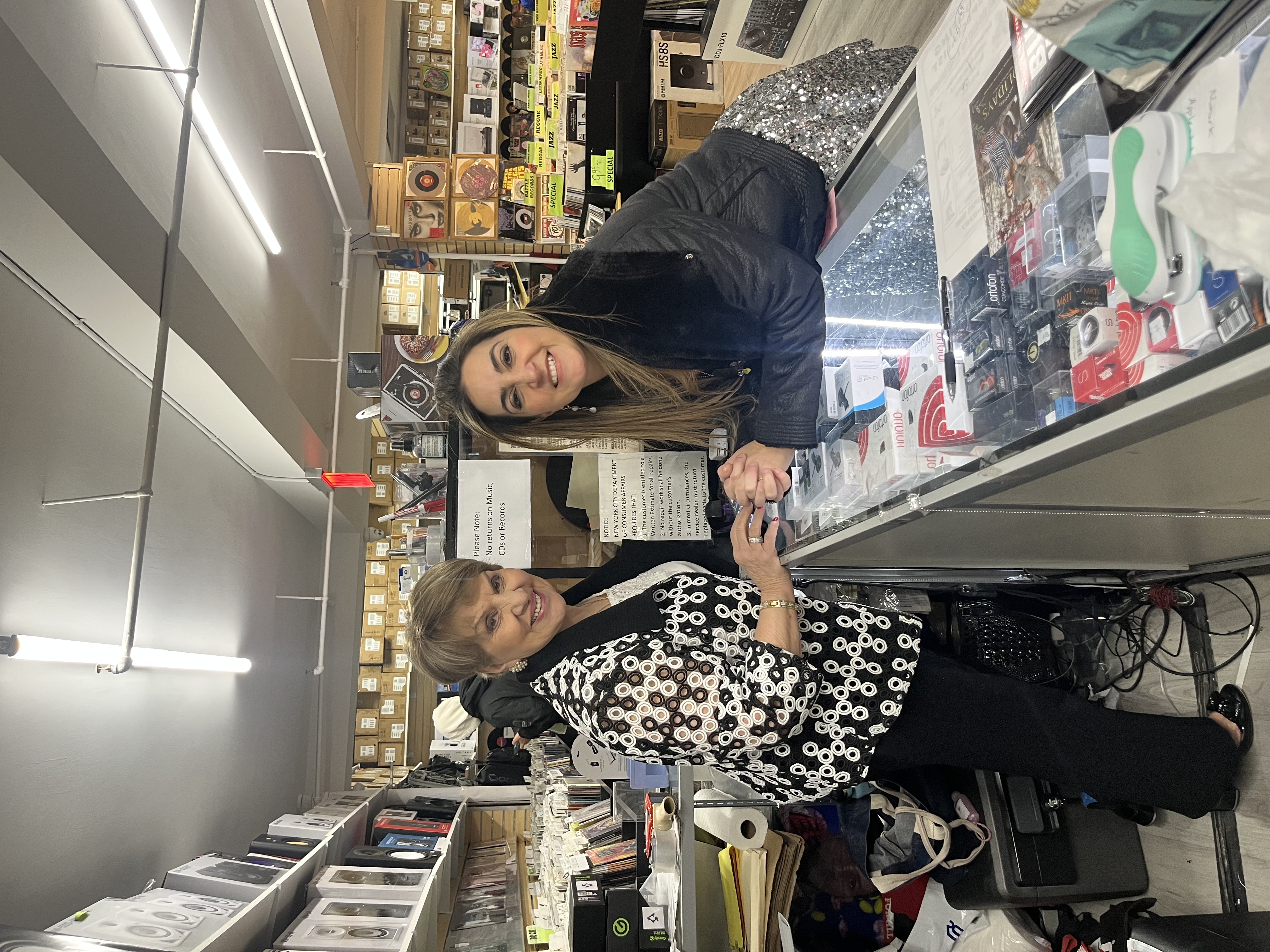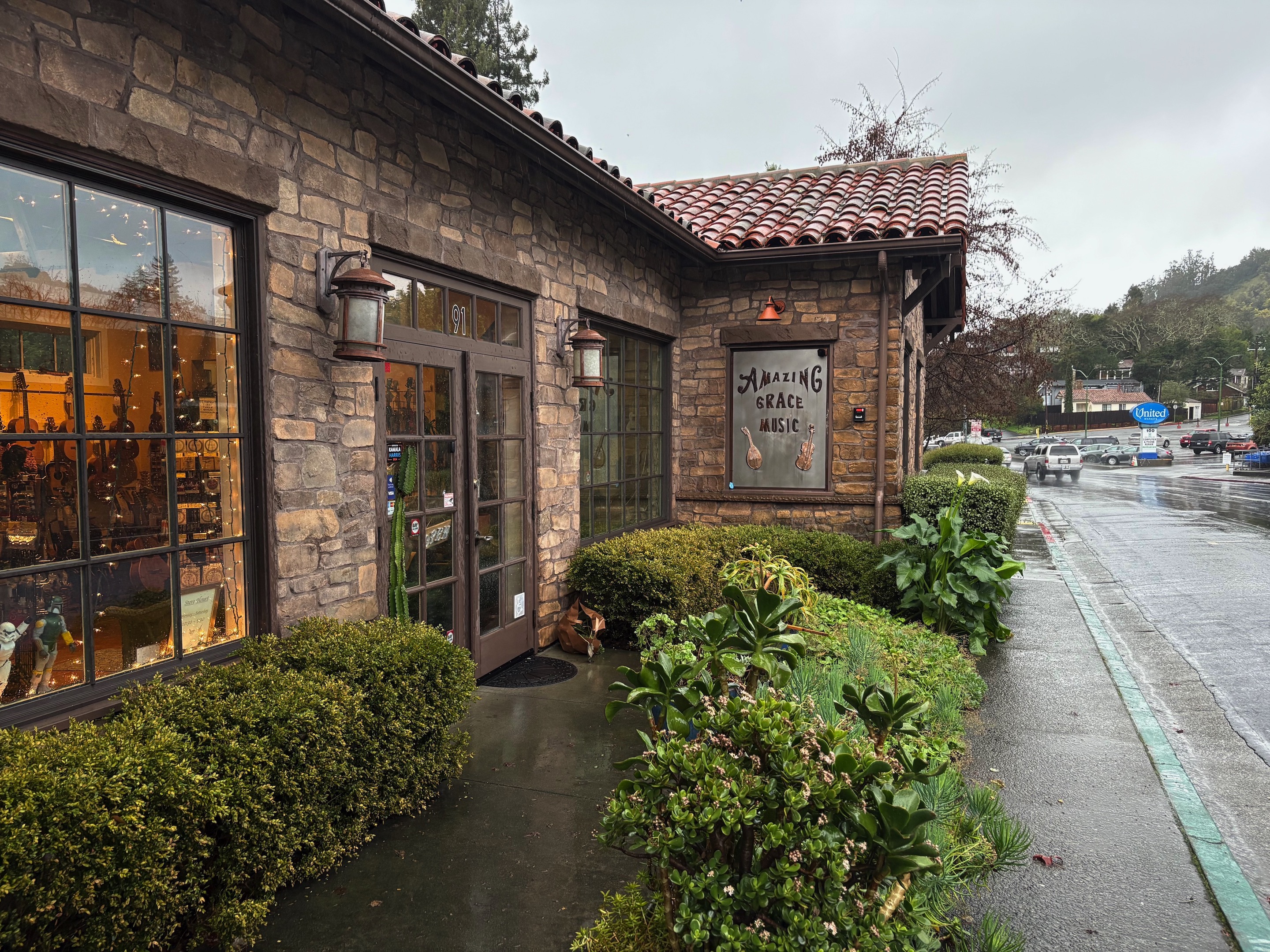
April 14, 2020 I Feature
Print & The Cloud
The print music industry continues to adapt to an online world.
By Ed Enright
The digital age has introduced myriad ways for print music retailers and publishers to add value to customer transactions. By providing bonus content like instructional videos and online libraries full of repertoire for the educational market, the print music industry is making inroads with 21st-century consumers who have come to expect the goods and services they purchase to include an internet component. From the print music customer’s perspective, it has made learning music easier and more rewarding than ever.
Publishers and retailers have been keeping current by partnering up to create innovative solutions that make use of online learning tools, cloud-based practice systems and other digital music-making initiatives available to anyone with a decent internet connection. Music Inc. checked in with some of the market’s major players for an update on how print is continuing to adapt.
IMMEDIATE DELIVERY
One solution from print giant Hal Leonard is its new Digital Books program, which expands upon the concept of digital sheet music delivery. It’s one of several online initiatives offered by the company, whose cloud-based Noteflight teaching supplement for school band teachers has been a hit with directors and educators nationwide.
“We’ve received many requests from dealers who want to sell digital versions of our publications, and we’ve developed Digital Books as our own proprietary platform for doing so,” said Jeff Schroedl, executive vice president of Hal Leonard. “It’s extremely easy to use, fast, and blends all associated media with the text and music notation. Our popular Hal Leonard publications will be available in this format to our dealers through our in-store, digital program. Single songs and scores have been available through this program for many years.”
Another recent Hal Leonard initiative called ArrangeMe allows users to legally create arrangements of copyrighted works and make them available for purchase. Hal Leonard handles all the licensing, minimizing the hassle for the customer and opening the door to all kinds of arranging possibilities.
“ArrangeMe enables musicians to sell their arrangements of popular songs [and] public domain works, as well as their own original compositions,” Schroedl said. “It’s an innovative program that’s rapidly growing, and the arrangements will all soon be available to dealers through our in-store, digital program like any other piece of digital sheet music. One example of how dealers can participate is in conjunction with their lesson studios. If one of their teachers uploads to ArrangeMe a special fingerstyle guitar arrangement of, say, ‘Yesterday’ by the Beatles, the dealer can sell it to the student. The dealer receives its standard cut, and the teacher receives his or her commission from ArrangeMe. More than 1 million songs are now available to arrange.”
Popplers Music in Grand Forks, North Dakota, recently paid a visit to Hal Leonard and signed up for Digital Books and ArrangeMe.
“The grand scheme of all this is that ability to get these books immediately for a customer and for the retailer to manage inventory in a better way,” said Don Langlie, proprietor of Popplers Music. “Carrying hard-copy books is an expensive proposition. Managing the inventory is an expensive proposition. So there is this appeal for digital delivery where I can deliver it immediately and I don’t have to have it sitting in a box or on a shelf. From a cash-flow standpoint, all of those business operational things are enhanced by the ability to do that.”
Langlie emphasized the need for music retailers to keep up with the times and stay involved in the print game as it evolves in the internet era. “They need to figure this out,” he said. “Then they need to start those conversations with each individual publisher and decide to what extent they can incorporate what the publisher is doing into what they’re doing in their day-to-day business.”
UNIQUE ENTRY POINTS
Peaksware, the parent company of Alfred Music and MakeMusic, has been looking at ways of developing a retail component for its SmartMusic online school band practice program.
“The question we’ve been trying to answer is, how do we connect the dots to all of these unique assets that we have, through the SmartMusic practice platforms, through Finale, through Alfred and through our Garritan sound libraries?” said Alex Ordonez, vice president of sales and marketing for Alfred Music and MakeMusic. “And what we’ve focused on over the last few years is integrating these platforms so that they all connect and that they’re all leveraging one another. From a print publishing standpoint, we love SmartMusic because when Alfred content is in the SmartMusic platform, there’s an uptick in the print sales. There’s a direct correlation.”
Ordonez also said that retailers should discuss SmartMusic with their customers because it benefits the market by helping to retain students who might otherwise bail on school band after their first year.
“A lot of retailers with band rental programs are looking to have added value in their band rentals,” Ordonez said. “I’ve talked to a lot [of retailers] who say, ‘I would love to have these subscriptions as a piece of the band rental because it’s an upsell, and it adds more value to what the parents are paying for the rentals.’ That’s where our heads are at right now. There’s got to be an angle where a retailer can have an ability to offer this to a customer, and the retailer comes out as the hero.”
DOMINANT ONLINE
In addition to school band practice programs offered by the major publishers, retailers are finding ways to partner with smaller digital content providers, who can work more closely with them. One such publisher, Piano Pronto, tapped former educator Jennifer Eklund to develop its graded piano method books and supplemental online offerings.
“Jennifer is somebody who is selling directly online, who has an app, who has an online certification course, who has a lot of digital services available, but still sells hard goods at brick-and-mortar retailers,” said Elliott Wessel, print music product manager for Schmitt Music in Minneapolis. “Her whole business is digital content, but she still knows there are teachers who prefer to shop at brick-and-mortar and buy hard copies of music and books. That’s our third most popular piano method in our markets. She’s so dominant online, on the digital forefront, yet we can still partner with her and be successful ourselves.”
Eklund has developed exclusive content for Piano Pronto Day at the annual Schmitt Piano Expo. One of the more memorable piano pieces she’s written specifically for Schmitt Music to sell is titled “Hot Tot Dish!,” named for a type of casserole that’s popular in Minnesota.
Mankato, Minnesota-based piano teacher Jennifer Kreykes is a major supporter of Piano Pronto and its far-reaching, well-crafted repertoire. She likes the publisher’s Spotlight Solo books in particular. “Those are my favorites and most used because I have a lot of students who are in their first couple of years of piano,” Kreykes said. “Those books are the greatest.”
Kreykes sees Piano Pronto as an excellent resource for young piano students who want to learn a lot of material quickly. “It’s especially great for beginners because they can keep motivated by their success early on,” she said.
Illinois-based school music retailer Quinlan & Fabish has come up with a unique way to use the internet to keep the store, band directors, parents and students all on the same page. It’s called the Q Pages, and it provides each band director who does business through Quinlan & Fabish with a customized personal website that details their preferences for instruments, accessories and method books their students will need.
“For the directors that buy into this, we’ve seen tremendous growth,” said Ken Partyka, Quinlan & Fabish’s vice president of purchasing, inventory and distribution. “They can say, ‘OK, for my fourth graders, here’s what I recommend: They get this method, and a clarinet player needs these reeds and this swab and so forth. For my eighth graders, now it’s time for a step-up instrument, and these are the brands I recommend.’ The directors each have their own Q Pages web address that’s built out with the products they want their kids to have. The directors who are really engaged with the parents just say, ‘Go to this web address. It’ll tell you exactly what you need and it’s super easy.’ Once you get them coming to you online, then it becomes very easy to keep them as customers.” MI











